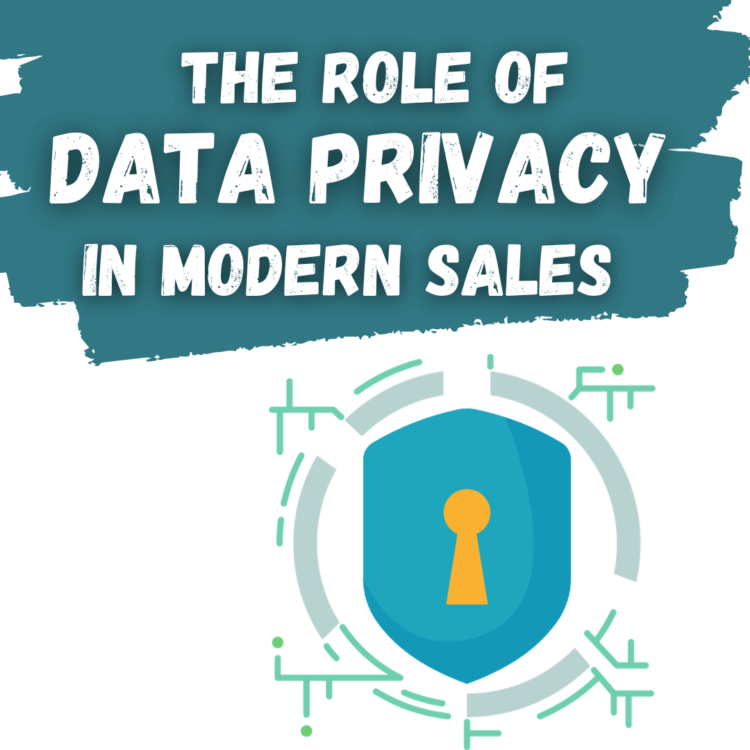Customer Trust and Relationships:
Trust Building: Respecting data privacy builds trust with customers. When individuals believe their personal information is handled responsibly, they are more likely to engage with a company and share accurate information.
Long-Term Relationships: Prioritizing data privacy contributes to the development of long-term, positive relationships with customers.
Legal Compliance:
Data Protection Regulations: Adhering to data protection regulations, such as GDPR, CCPA, or others applicable to the region, is not only a legal requirement but also helps avoid fines and legal consequences.
Consent Management: Obtaining and managing explicit consent for data processing activities is a key component of legal compliance.
Personalized Sales and Marketing:
Balancing Personalization and Privacy: Sales teams often use customer data to personalize interactions and offers. It’s crucial to strike a balance between personalization and respecting privacy boundaries.
Opt-In Mechanisms: Providing customers with clear opt-in mechanisms ensures that they willingly share information for personalized experiences.
Data Security Measures:
Protecting Customer Information: Implementing robust data security measures is essential for preventing unauthorized access to customer data.
Building Confidence: Customers are more likely to share information when they are confident that an organization has strong security protocols in place.
Reputation Management:
Public Perception: Data breaches or mishandling of customer data can severely damage a company’s reputation. News of such incidents spreads quickly, impacting how the public perceives the organization.
Brand Trustworthiness: Organizations that prioritize data privacy are viewed as more trustworthy, contributing to a positive brand image.
Consent-Based Communication:
Marketing Outreach: Sales and marketing teams should rely on explicit consent for communication. This ensures that customers are open to receiving promotional materials and updates.
Preference Management: Providing options for customers to manage their communication preferences helps maintain a positive relationship.
Legal and Ethical Selling:
Transparent Practices: Adopting transparent sales practices, where customers are informed about how their data will be used, is both a legal requirement and an ethical business practice.
Avoiding Deceptive Tactics: Unethical sales practices that involve the misuse of customer data can lead to legal consequences and reputational damage.
Data-Driven Decision-Making:
Data Quality: Ensuring the accuracy and quality of customer data is essential for effective sales strategies and decision-making.
Ethical Data Use: Sales teams should use customer data ethically, avoiding manipulation or exploitation in their sales efforts.
Customer-Centric Approaches:
Respecting Privacy Preferences: Customer-centric sales approaches involve respecting and honoring customer privacy preferences.
Opt-Out Options: Providing clear and easy-to-use opt-out options for customers who no longer wish to receive communications is essential.
Training and Awareness:
Employee Training: Sales teams should receive training on data privacy policies, legal requirements, and ethical considerations.
Promoting a Privacy Culture: Fostering a culture of privacy awareness within the organization ensures that all employees understand the importance of protecting customer data.










No Comments
Leave Comment